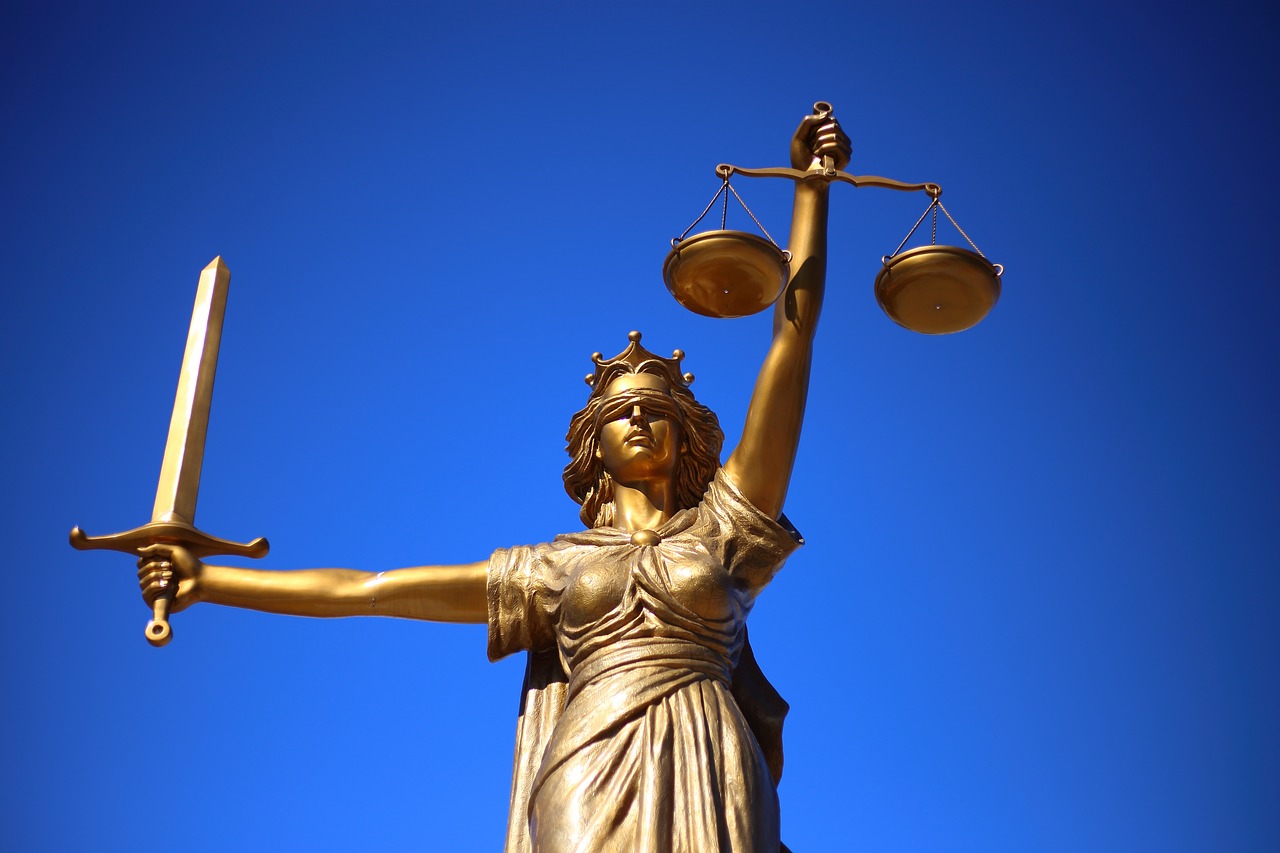
Armstrong Rides into the Law, Again.

Well our old Friend Lance Armstrong is apparently getting a little bit nervous about the qui tam suit filed against him.
As readers of legal journals and the sports pages alike know by now, Mr. Armstrong is being sued for defrauding the U.S. Postal Service, which sponsored him and his team. The legal theory of the case bears watching for qui tam fans as much as for those who follow the world of cycling. Damages are tricky because everybody can understand the notion that if the USPS hired Armstrong to get publicity they certainly got what they paid for, and then some. On the other hand, the USPS contract included provisions that the team was supposed to ride clean and it is admitted now that Armstrong was using performance enhancing drugs the whole time. In addition, there are statute of limitations arguments winding through the case like a cyclist going up the Pyrenees.
Those two potential and now employed defenses — statute of limitations and potential damages limitations — await a decision by the judge. The status of the case has not changed. There was a hearing on November 18, 2013, in which Judge Robert L. Wilkins heard arguments on this case, according to the public docket. Wilkins has taken the arguments under advisement and at some point will rule. While that is going on, discovery has also been proceeding and we found an interesting little nugget at Velonation, which follows a USA Today story:
“The Texan has for the first time accused the team’s owner, Tom Weisel, of having direct knowledge of the drug use by riders, thus making him also culpable in the claimed fraud against the US government agency and, therefore, the US government itself.”
You can find more on that story here and here.
The details implicating Weisel apparently came from Armstrong’s answers to interrogatories. To be fair, Armstrong is under a duty to answer such interrogatories honestly and while this is certainly not good news for anyone implicated it does not alter the status of the case. Armstrong may or may not have wanted to implicate Weisel in this way, but if there was evidence regarding what Weisel knew Armstrong did not have much of a choice in the matter.
The real questions involve what the judge will do and what the United States will be able to demonstrate. Will the government be able to convince a jury and a judge that the USPS suffered damages as a result if the case does go forward?
If so, how much of the amount paid to Armstrong, his team, and his associates should be at issue?
Those are just some of the interesting legal issues created by this case. It could have significant impact on how damages are measured in False Claims cases if the United States is awarded a large share of damages. This would ensure that material terms of contracts matter even when the government gets something of value from the contract. However, we appear to be a long ride from that determination.
For the moment, we get to sit and watch as defendants are forced to admit what they knew about the ways in which Armstrong won all those races. Race fans will continue to hear more lurid details about just how many people knew Armstrong was cheating. It’s important to note that the government’s ability to collect does not hinge on those fascinating details.
Let’s wait and see how the judge rules.












